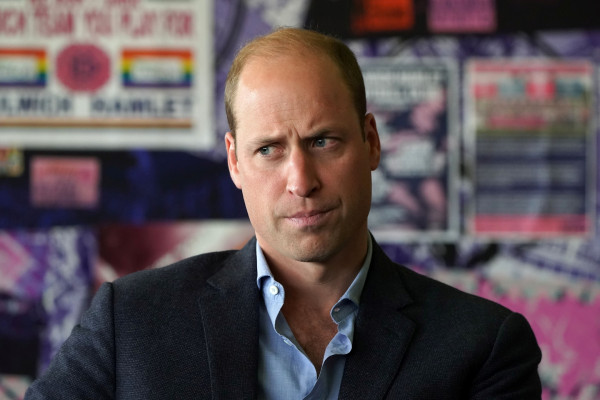Prince William's Path to Kingship Clouded by Controversy and King Charles' Concerns

The British monarchy finds itself at a crossroads as King Charles III grapples with a grave health prognosis and harbors concerns about Prince William's preparedness for the throne. The King, diagnosed with pancreatic cancer, faces a prognosis that starkly contrasts the enduring reign of his mother, Queen Elizabeth II. Amid this health crisis, doubts about the Prince of Wales' readiness and temperament to ascend to the monarchy have emerged, casting a shadow over the royal succession plan.
King Charles' tenure, marked by environmental advocacy, may be cut short, thwarting his ambitions to leave a substantial legacy akin to his mother's. The monarch's resilience in the face of illness and his determination to maintain his royal duties have become central to his reign. Yet, the specter of his mortality raises pressing questions about the future leadership of the House of Windsor.
Prince William, long groomed for kingship, faces scrutiny not just from his father but from within the royal circle. Historical accounts and recent revelations depict a Prince whose composure belies a deeper volatility, raising alarms about his suitability for the crown. Allegations of fierce disputes with King Charles and confrontations with his brother, Prince Harry, have surfaced, revealing a side to William that could undermine the monarchy's modern image.
Adding to the royal family's turmoil are rumors of Prince William's alleged infidelity, evoking uncomfortable parallels with King Charles' past indiscretions. This scandal, compounded by Princess Kate's recent health issues and prolonged absence from public engagements, has fueled speculation about the state of the royal couple's marriage.
Moreover, Prince William's social life and public appearances have attracted criticism, suggesting a departure from the decorum expected of a future king. These episodes, characterized by informal outings and alcohol consumption, starkly contrast with the image of royal restraint.
As King Charles III navigates his health challenges and the implications for the monarchy's continuity, the royal family finds itself in a delicate balance. The King's concerns about Prince William's readiness are not merely about personal readiness but reflect broader anxieties about the monarchy's adaptation to contemporary expectations and the preservation of its legacy.
The unfolding drama within Buckingham Palace, marked by personal struggles, public scrutiny, and the weight of historical legacies, underscores the complex dynamics of royal succession. As the world watches, the narrative of a monarchy in transition continues to evolve, with the future king's preparedness and the monarchy's ability to adapt to modern challenges at the heart of the discourse.














